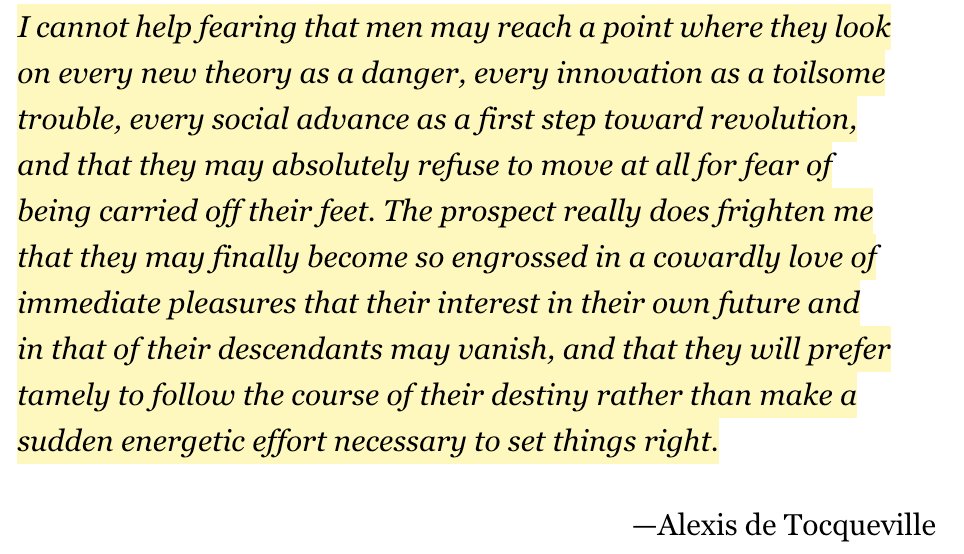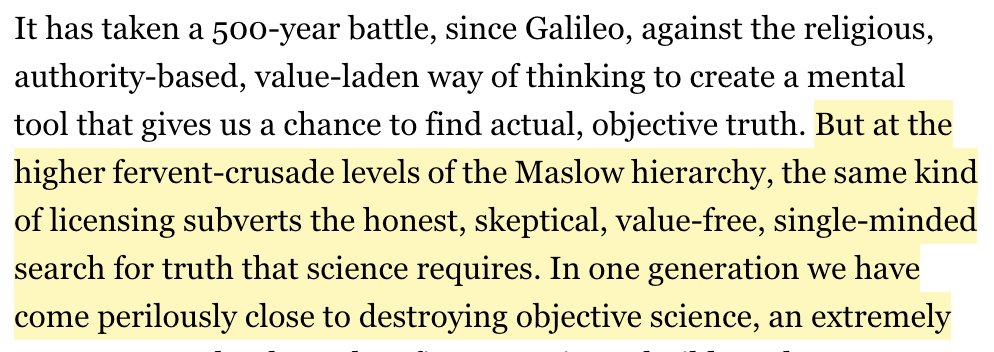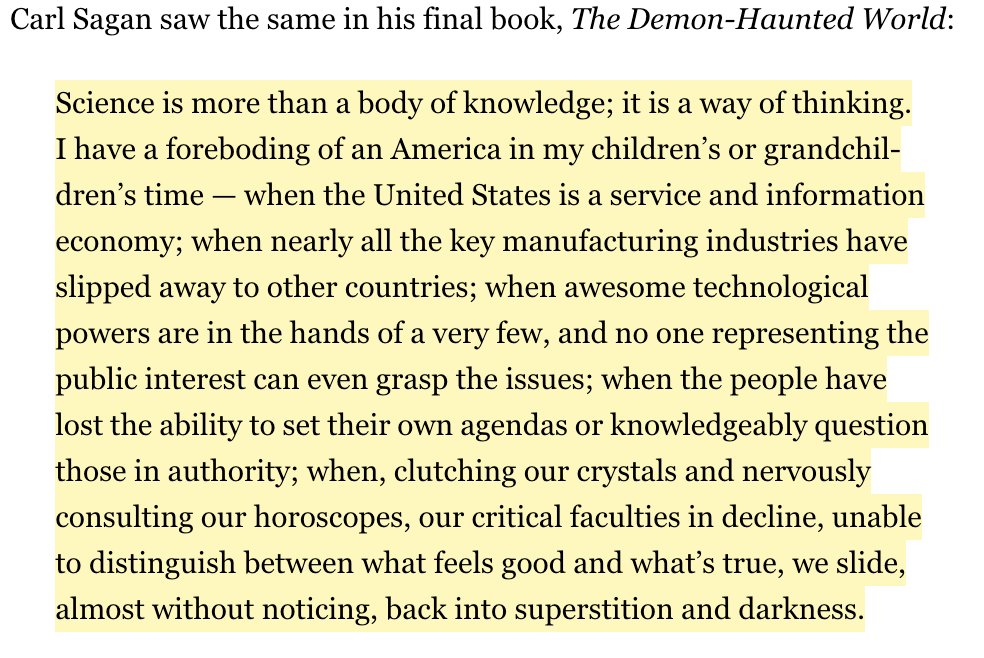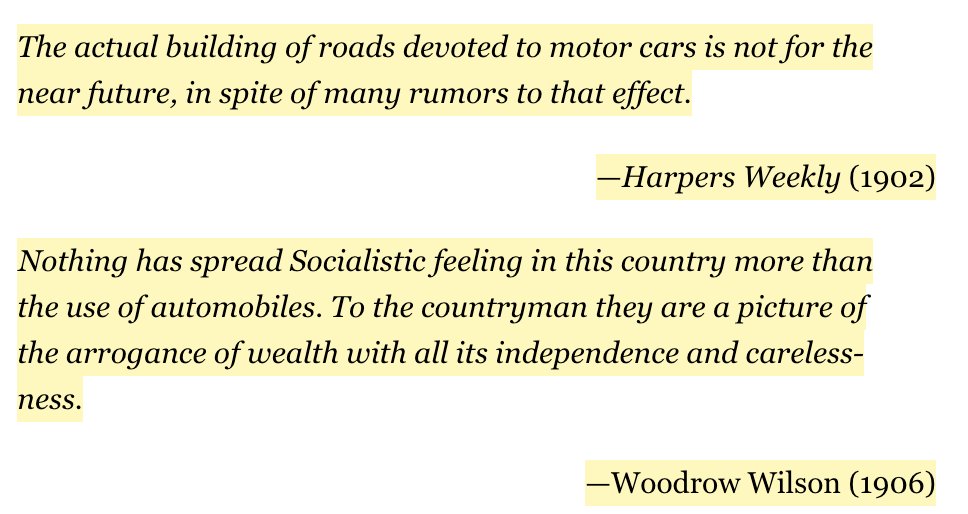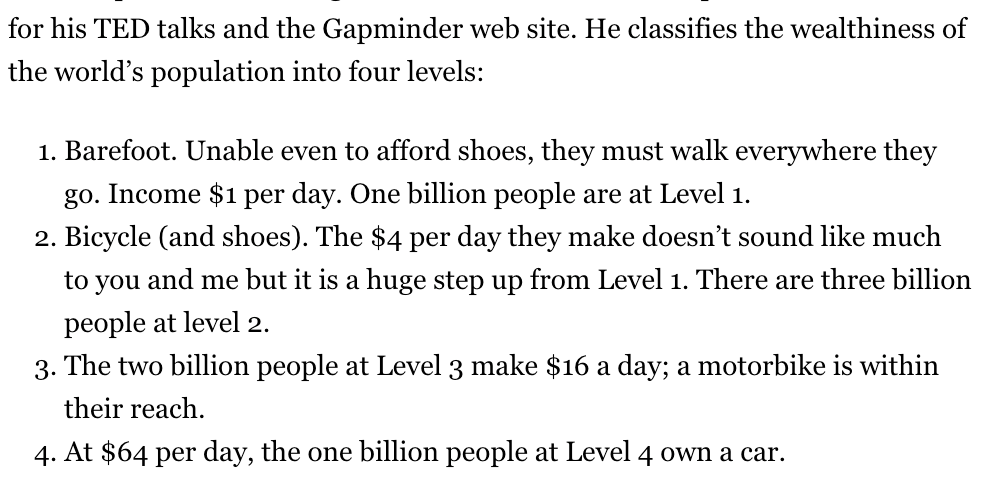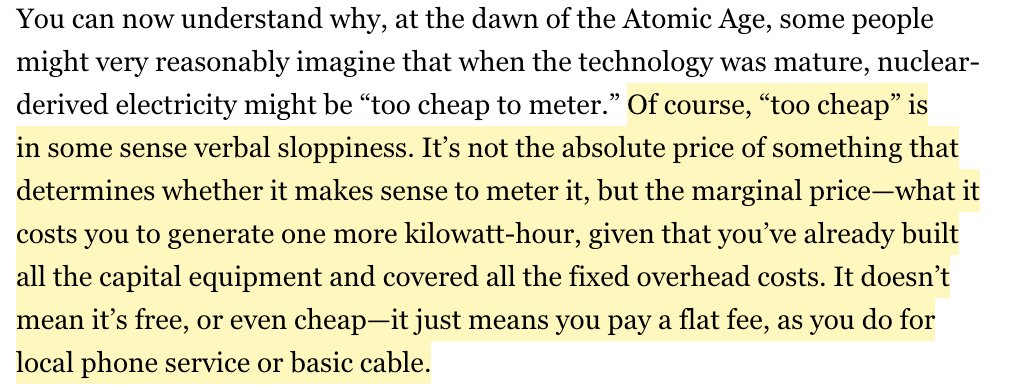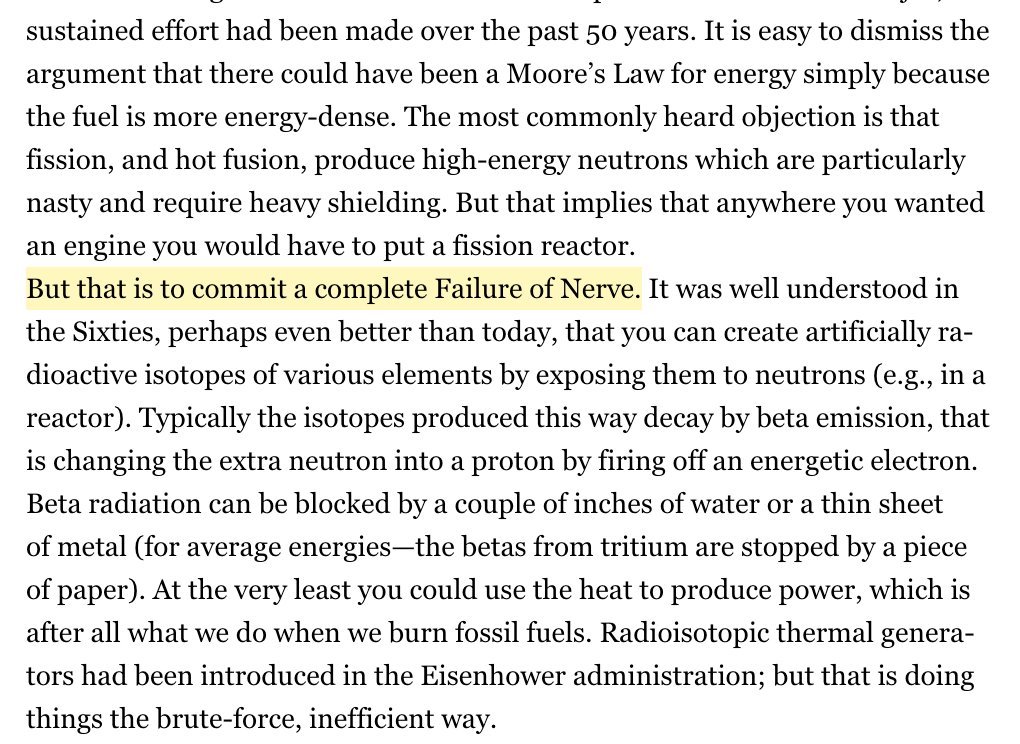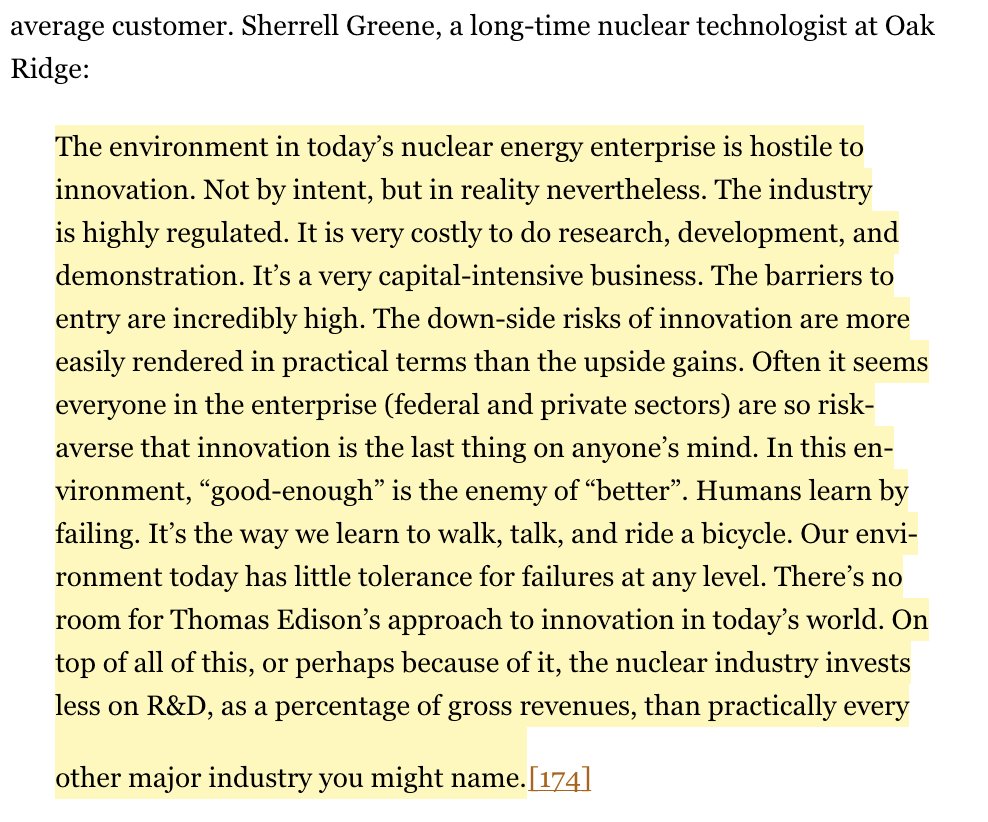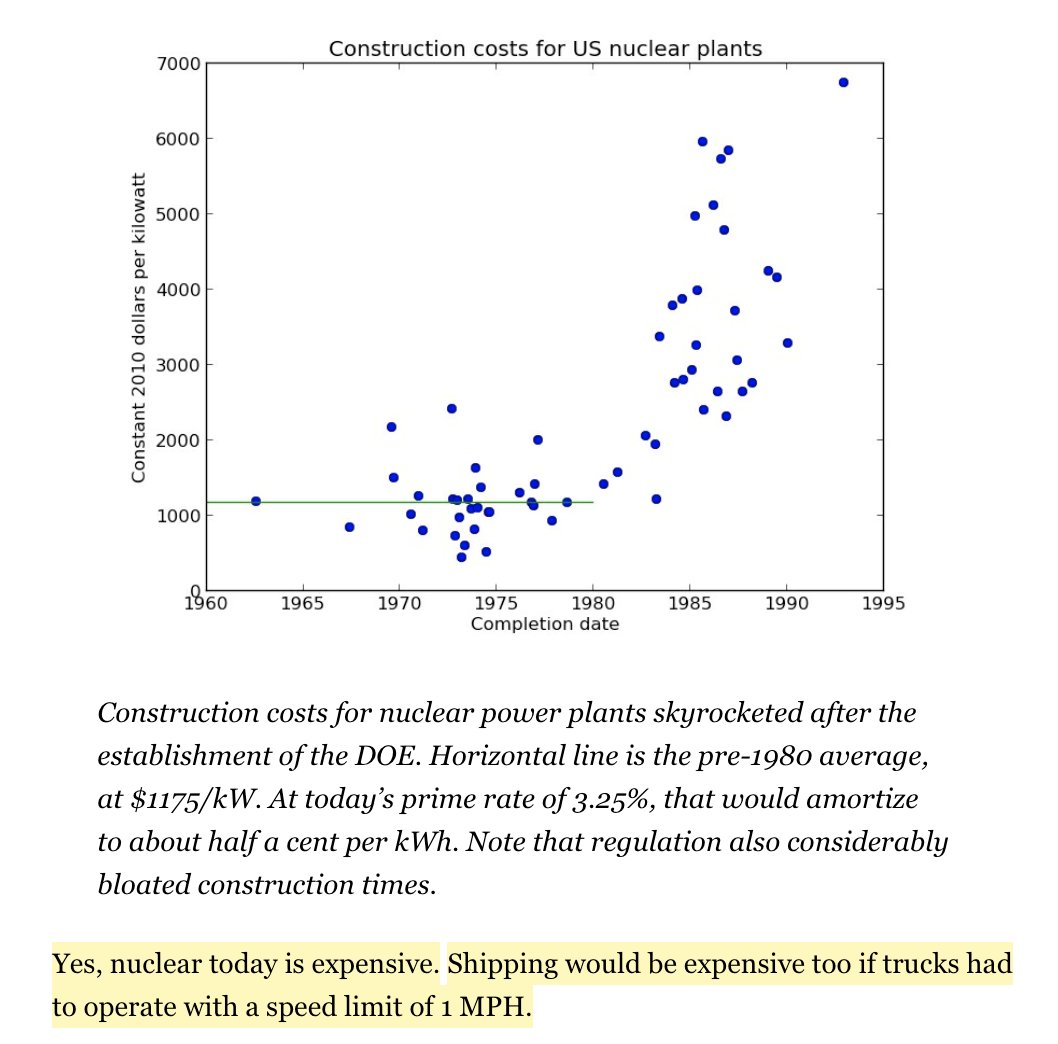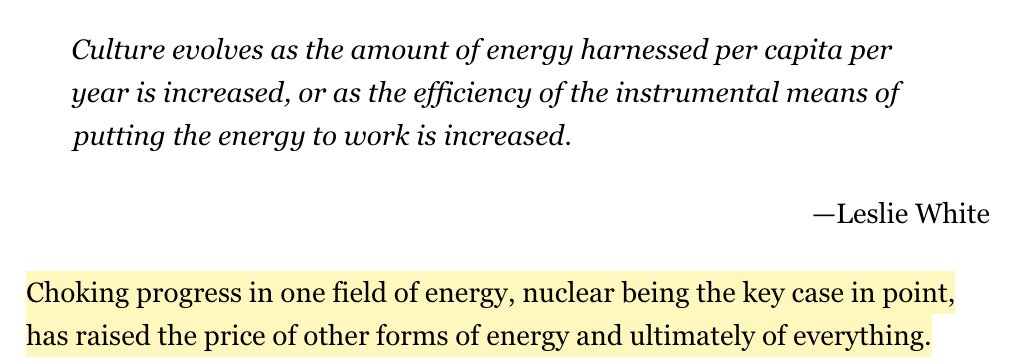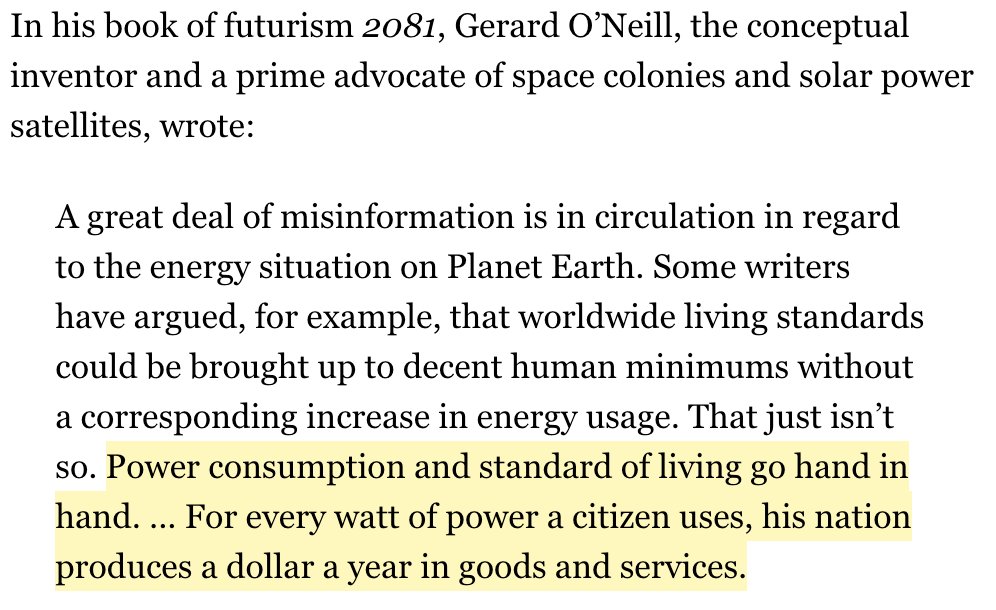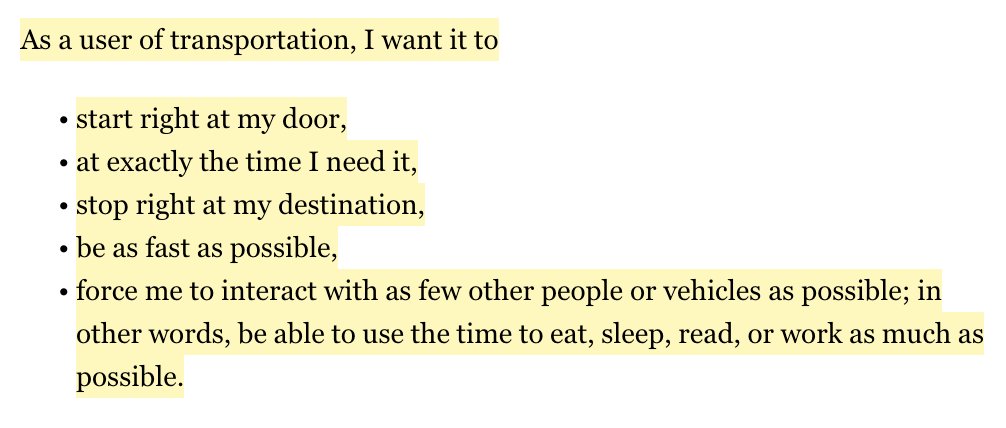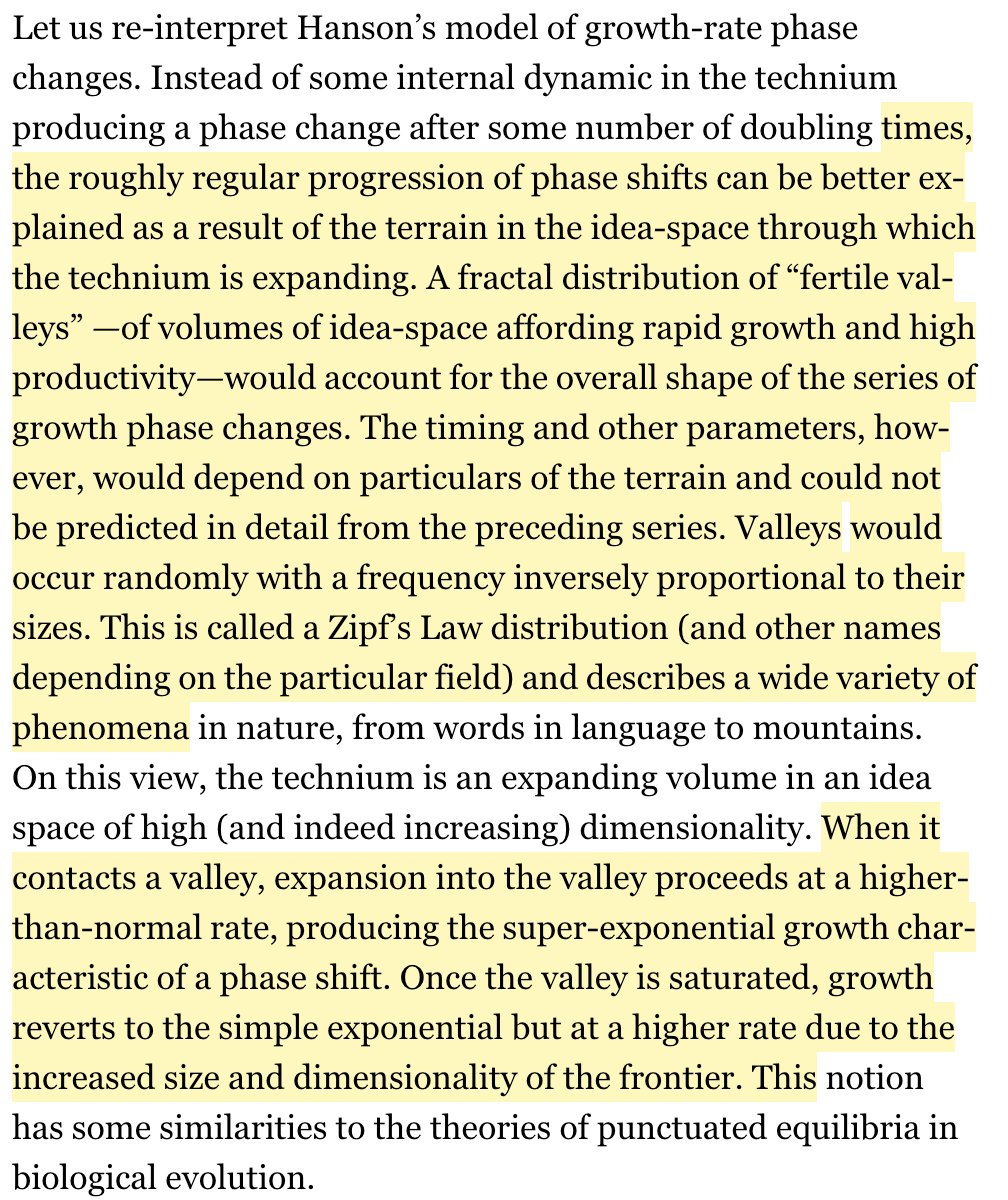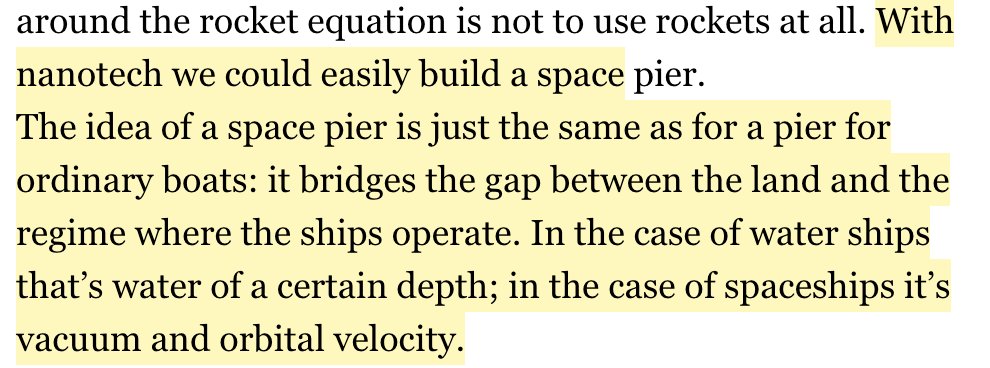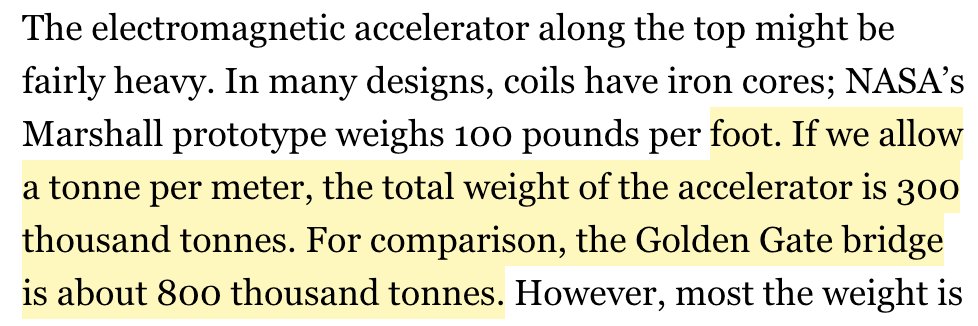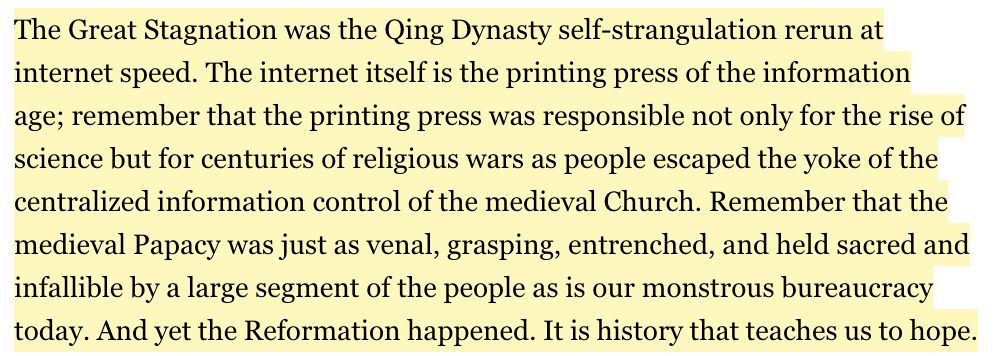1/ Recently finished "Where’s my Flying Car - A memoir of Futures Past" by J Storrs Hall.
It& #39;s simultaneously extremely critical of the state of atom-based technology and presents a precise and aggressively optimistic vision of possible futures.
BOOK REPORT THREAD https://abs.twimg.com/emoji/v2/... draggable="false" alt="🧵" title="Thread" aria-label="Emoji: Thread">
https://abs.twimg.com/emoji/v2/... draggable="false" alt="🧵" title="Thread" aria-label="Emoji: Thread">
It& #39;s simultaneously extremely critical of the state of atom-based technology and presents a precise and aggressively optimistic vision of possible futures.
BOOK REPORT THREAD
2/ The core of the book is the question "Why didn& #39;t the future that people expected in the 50& #39;s come to pass and how could we get back on track?"
This question is not new, but Hall& #39;s approach is the most precise and brutal treatment I& #39;ve seen.
This question is not new, but Hall& #39;s approach is the most precise and brutal treatment I& #39;ve seen.
3/ The optimistic science fiction of the past reflected an actual conviction that these things would be possible.
Contrast to modern optimistic visions of the future that are tinged with "It would be cool if that happens ... but it probably won& #39;t"
Contrast to modern optimistic visions of the future that are tinged with "It would be cool if that happens ... but it probably won& #39;t"
4/ A core theme of the book is the coupling between how much energy we can harness, atom-based technology, and how we deviated from an exponentially increasing curve in energy use in the 1970& #39;s.
5/ The coupling between energy+power and technological paradigm shifts is surprisingly tight.
There are a massive number of things where the key technical constraint is cheaper and denser energy that we& #39;ve just stopped thinking about.
There are a massive number of things where the key technical constraint is cheaper and denser energy that we& #39;ve just stopped thinking about.
6/ Hall introduces the concept of the "Machiavelli Effect."
It& #39;s effectively the known phenomenon of entrenched interests - ties it into Kuhnsian paradigm shifts, and argues that the effect has become much stronger over time.
It& #39;s effectively the known phenomenon of entrenched interests - ties it into Kuhnsian paradigm shifts, and argues that the effect has become much stronger over time.
7/ Of of the  https://abs.twimg.com/emoji/v2/... draggable="false" alt="🧐" title="Gesicht mit Monokel" aria-label="Emoji: Gesicht mit Monokel">
https://abs.twimg.com/emoji/v2/... draggable="false" alt="🧐" title="Gesicht mit Monokel" aria-label="Emoji: Gesicht mit Monokel"> https://abs.twimg.com/emoji/v2/... draggable="false" alt="😮" title="Gesicht mit offenem Mund" aria-label="Emoji: Gesicht mit offenem Mund"> arguments is that civilian government R&D funding is *anti* correlated with quality-of-life improvements.
https://abs.twimg.com/emoji/v2/... draggable="false" alt="😮" title="Gesicht mit offenem Mund" aria-label="Emoji: Gesicht mit offenem Mund"> arguments is that civilian government R&D funding is *anti* correlated with quality-of-life improvements.
9/ So many good examples of Clarke& #39;s Law
"When a elder preeminent scientist says that something is impossible, he’s probably wrong. When a elder preeminent scientist says something might be possible, he’s probably right."
"When a elder preeminent scientist says that something is impossible, he’s probably wrong. When a elder preeminent scientist says something might be possible, he’s probably right."
10/ More PhDs and more spending on education probably isn& #39;t the solution.
12/ Dwight Eisenhower was aware of the danger from coupling research to government contracts in the 1960& #39;s
14/ Hall pushes into territory that makes & #39;sober technologists& #39; blush - treating flying cars, cold fusion, and atomically precise manufacturing seriously.
I& #39;m not certain he& #39;s right on all of it, but it makes you realize how many conversations have been closed, perhaps early.
I& #39;m not certain he& #39;s right on all of it, but it makes you realize how many conversations have been closed, perhaps early.
15/ A constant theme is that technological futures are shockingly contingent and could have been different.
16/ The leveling off of increasing physical connectivity is another under-talked about stagnation cause. ( @elidourado has some great writing on this.)
He also touches on the "we& #39;re living off of dividends" argument.
He also touches on the "we& #39;re living off of dividends" argument.
17/ Intriguing idea about a coupling between risk aversion and decreasing process knowledge. You tend to be less worried about things if you get how it works.
Reminds me of @danwwang& #39;s work.
Reminds me of @danwwang& #39;s work.
18/ Regulation explosion as a core stagnation driver is another big theme. This graph demands a strong argument for why an order of magnitude more regulation doesn& #39;t matter.
19/ It& #39;s worth actually reading the law. Unfortunately, we usually just pay someone else to do it.
20/ The effect of these regulations isn& #39;t just statistical or theoretical.
21/ I realize it& #39;s purely correlational but this graph is great. (In the  https://abs.twimg.com/emoji/v2/... draggable="false" alt="🤦♂️" title="Mann schlägt sich die Hand vors Gesicht" aria-label="Emoji: Mann schlägt sich die Hand vors Gesicht"> way)
https://abs.twimg.com/emoji/v2/... draggable="false" alt="🤦♂️" title="Mann schlägt sich die Hand vors Gesicht" aria-label="Emoji: Mann schlägt sich die Hand vors Gesicht"> way)
23/ Arguably, we wouldn& #39;t even have normal cars under the current regulatory regime.
25/ More uncomfortable theories - mutually assured destruction and decreasing political violence decreased the importance of cutting-edge technology.
26/ The term ergophobia (technically & #39;fear of work& #39; but meant as & #39;fear of harnessing more energy& #39;) is great.
Let& #39;s make inefficient new things instead of just more efficient old things.
Let& #39;s make inefficient new things instead of just more efficient old things.
29/ Carl Sagan ftw. We need to distinguish between what feels good and what’s true. When there is a paper for everything, as is now the case, it allows people to find peer reviewed evidence for any opinion.
30/ Maybe instead of making predictions, we should talk about possibilities, what assumptions they depend on, and how we can help or hinder them from happening.
32/ Hans Rosling has a good framework for thinking about wealth in terms of transportation. The last sentence is the gut punch.
34/ While it feels a bit romantic (in the not-love-sense) I find the "we need a frontier" argument compelling.
36/ Surprise! Energy demand is elastic. But the answer is not “we should use less energy” it’s “make more energy and it leads to a more wonderful world.”
37/ A good point about nuance around the term “too cheap to meter” it means simply that a good has zero marginal cost, not that it’s free.
Similar to how you still pay for internet access but you no longer worry about how many minutes you used your dial-up modem.
Similar to how you still pay for internet access but you no longer worry about how many minutes you used your dial-up modem.
40/ The book brutally eviscerates the Low Hanging Fruit theory of stagnation (if you buy its arguments.)
41/ "It& #39;s expensive" is not an inherent property of nuclear power.
43/ Another interesting point against the low-hanging fruit theory that nuclear physics isn& #39;t as much of a "solved problem" as most people believe.
44/ Did you know that physics appropriated terms from biology? I didn& #39;t.
45/ Atomically precise manufacturing is another core technology Hall argues for. While he& #39;s optimistic, I appreciate the attention to real technical problems.
47/ All you urbanists are thinking too small. We could build cities that are a single building. It is a possibility.
50/ Hall presents a pretty compelling way to think about technological change based on @robinhanson and @kevin2kelly& #39;s work.
51/ We don& #39;t talk about how, while there are a finite number of elements, there are *many* more isotopes, each with different properties. Could we harness them? Maybe not. But it is a possibility.
52/ I& #39;m increasingly convinced that exploitation and understanding of natural phenomena is at the core of all science and technology. Newton agrees with me.
55/ Of course, space piers probably don& #39;t make sense until we& #39;re already going to space all the time.
56/ We don& #39;t talk about the Kardashev scale enough.
https://en.wikipedia.org/wiki/Kardashev_scale">https://en.wikipedia.org/wiki/Kard...
https://en.wikipedia.org/wiki/Kardashev_scale">https://en.wikipedia.org/wiki/Kard...
59/ We don’t talk about the interplay between society and technology enough. Technology affects society directly but society affects the sort of technology that exists mediated by the market, culture, and the government.
61/ This is a real choice - not just rhetoric.
I vehemently yell "no!" but some of you reading this probably disagree with me.
I vehemently yell "no!" but some of you reading this probably disagree with me.
62/ A good framing of the "growth is a moral imperative" argument (also made by @peterthiel and @tylercowen )
end/ If you found that thread intriguing, check out the book. It& #39;s only pi dollars (I assume by design) on Amazon. https://www.amazon.com/Where-My-Flying-Car-Memoir-ebook/dp/B07F6SD34R">https://www.amazon.com/Where-My-...

 Read on Twitter
Read on Twitter


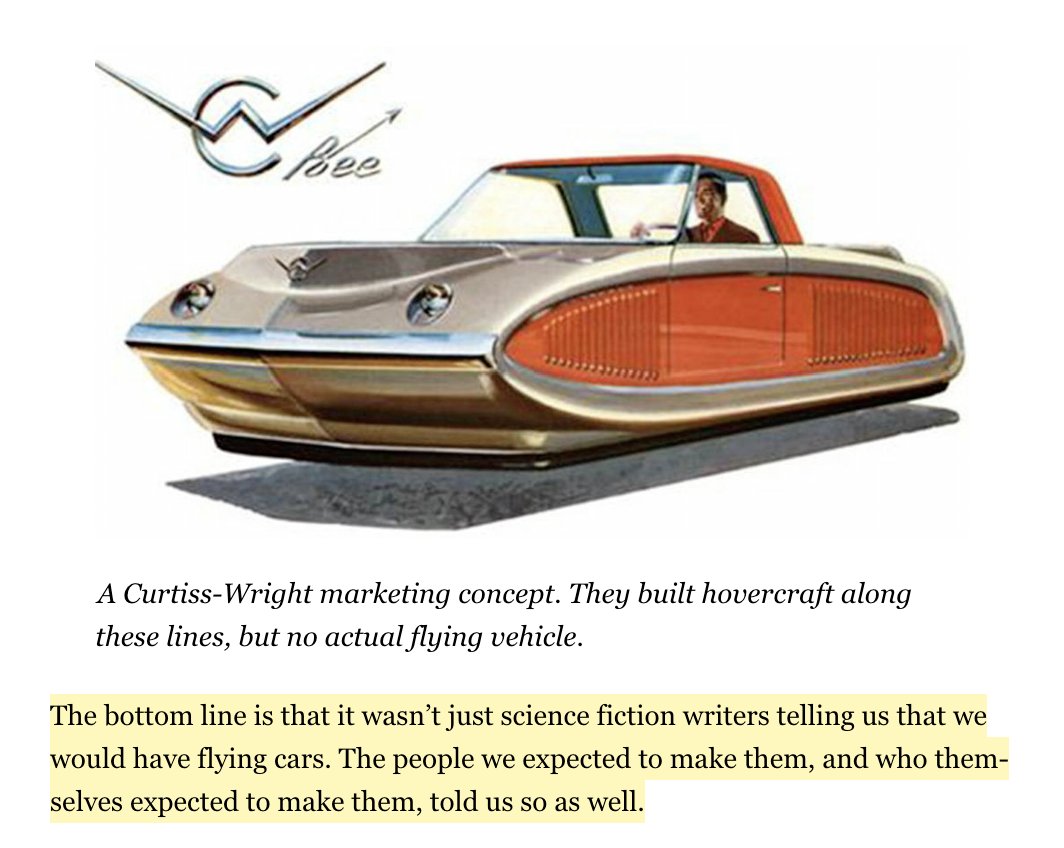

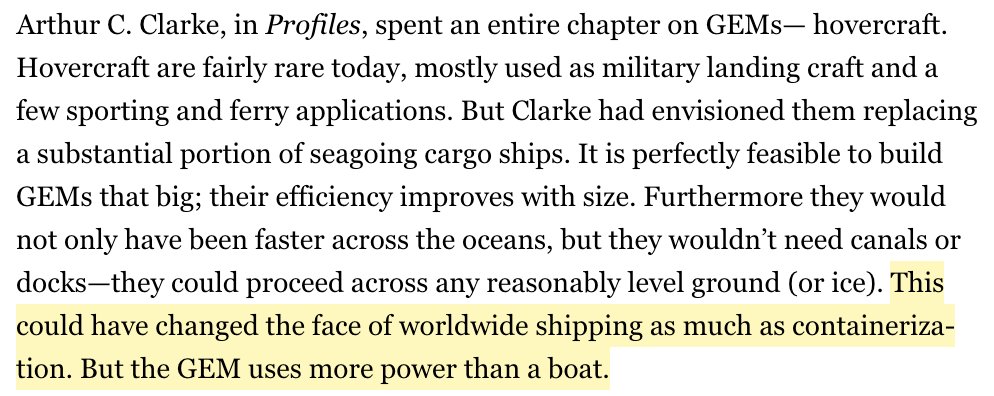
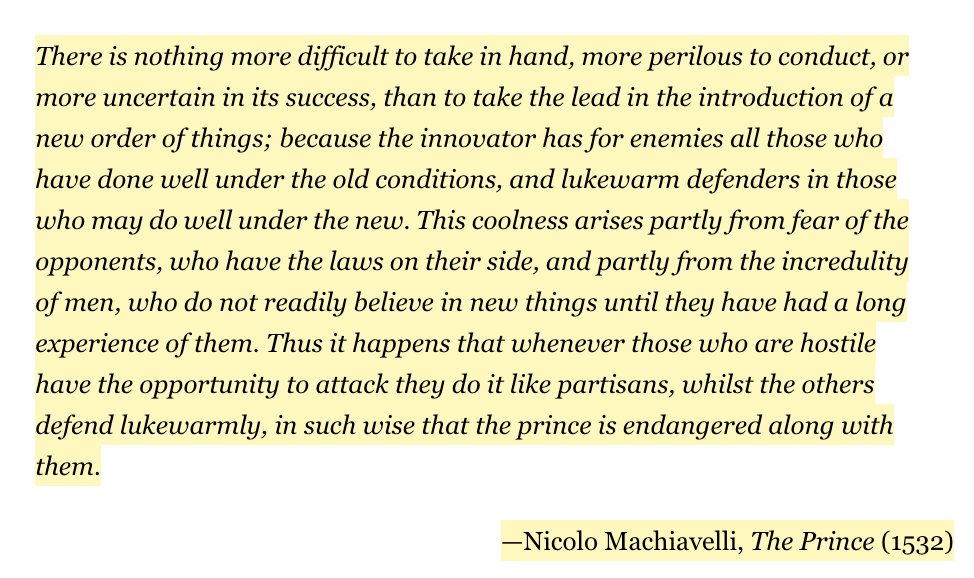

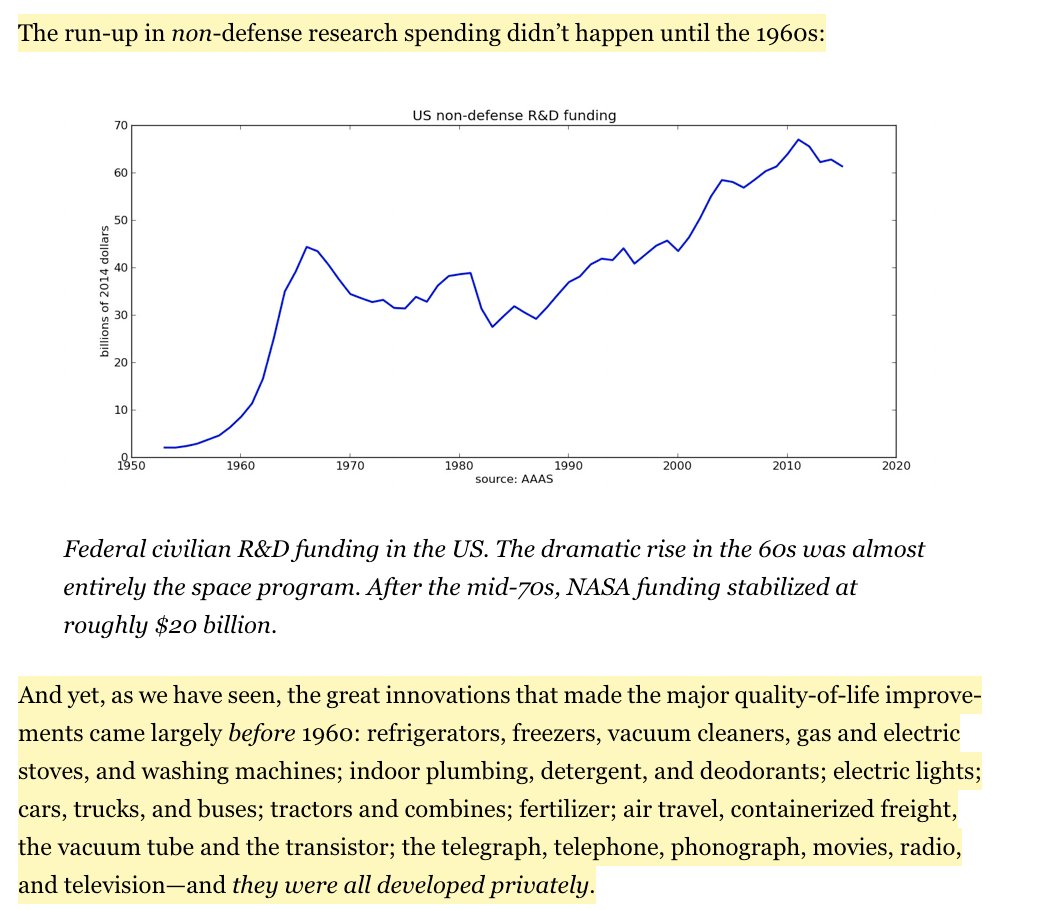 https://abs.twimg.com/emoji/v2/... draggable="false" alt="😮" title="Gesicht mit offenem Mund" aria-label="Emoji: Gesicht mit offenem Mund"> arguments is that civilian government R&D funding is *anti* correlated with quality-of-life improvements." title="7/ Of of the https://abs.twimg.com/emoji/v2/... draggable="false" alt="🧐" title="Gesicht mit Monokel" aria-label="Emoji: Gesicht mit Monokel">https://abs.twimg.com/emoji/v2/... draggable="false" alt="😮" title="Gesicht mit offenem Mund" aria-label="Emoji: Gesicht mit offenem Mund"> arguments is that civilian government R&D funding is *anti* correlated with quality-of-life improvements." class="img-responsive" style="max-width:100%;"/>
https://abs.twimg.com/emoji/v2/... draggable="false" alt="😮" title="Gesicht mit offenem Mund" aria-label="Emoji: Gesicht mit offenem Mund"> arguments is that civilian government R&D funding is *anti* correlated with quality-of-life improvements." title="7/ Of of the https://abs.twimg.com/emoji/v2/... draggable="false" alt="🧐" title="Gesicht mit Monokel" aria-label="Emoji: Gesicht mit Monokel">https://abs.twimg.com/emoji/v2/... draggable="false" alt="😮" title="Gesicht mit offenem Mund" aria-label="Emoji: Gesicht mit offenem Mund"> arguments is that civilian government R&D funding is *anti* correlated with quality-of-life improvements." class="img-responsive" style="max-width:100%;"/>
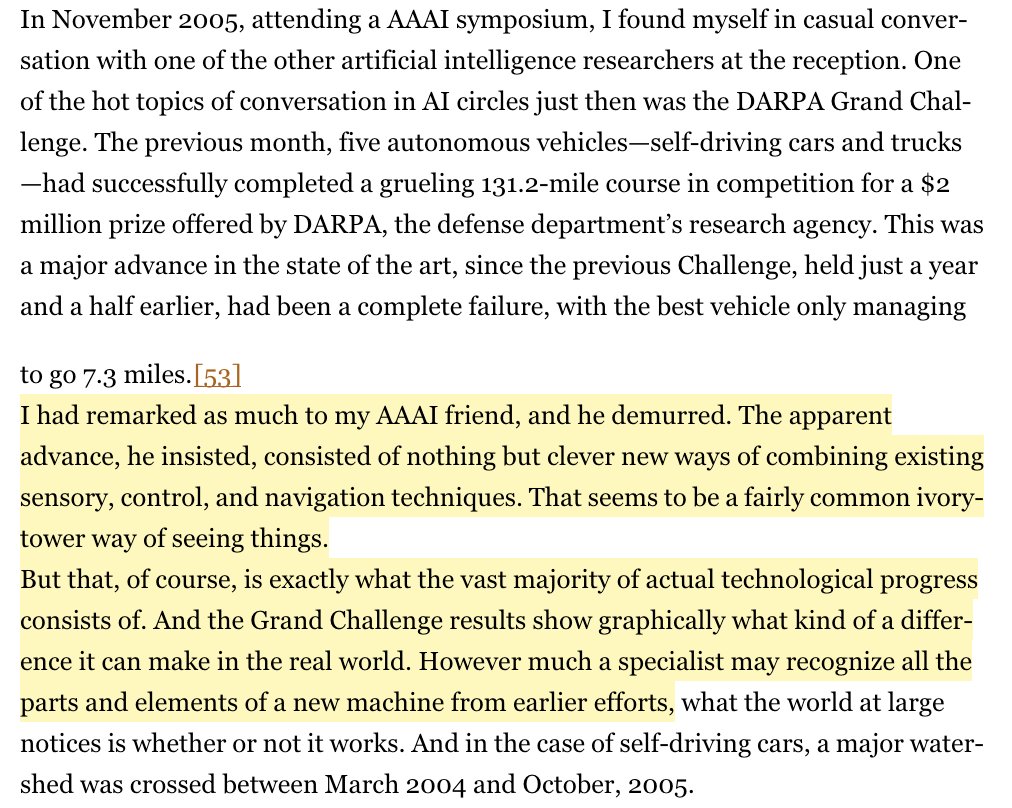
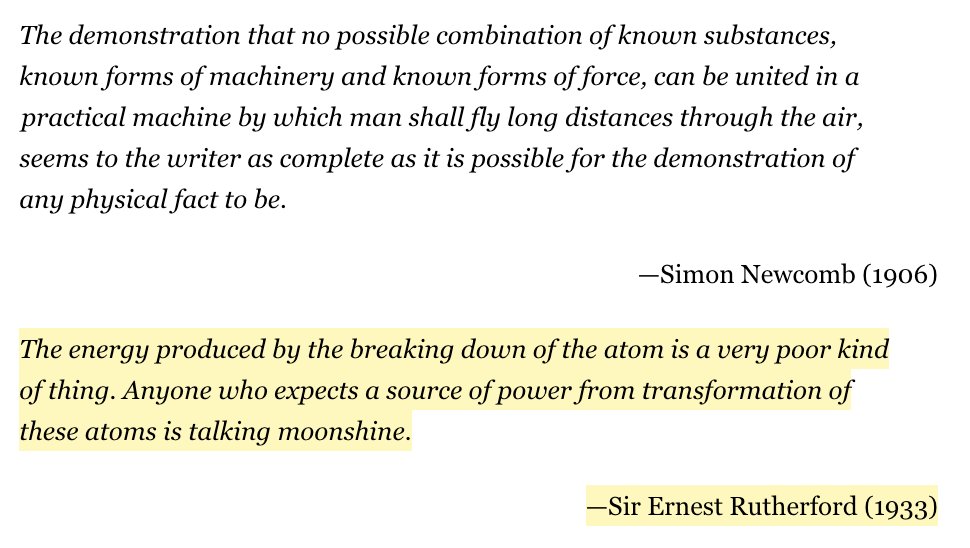
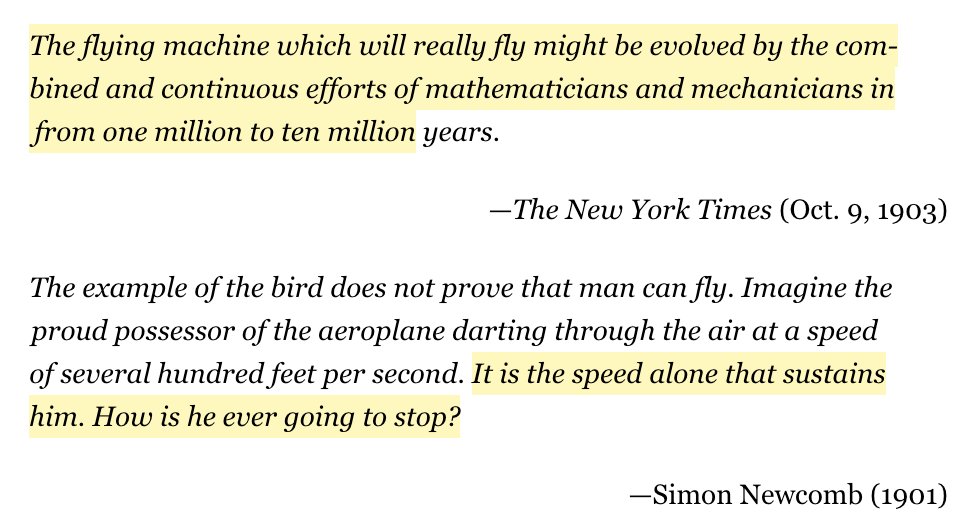
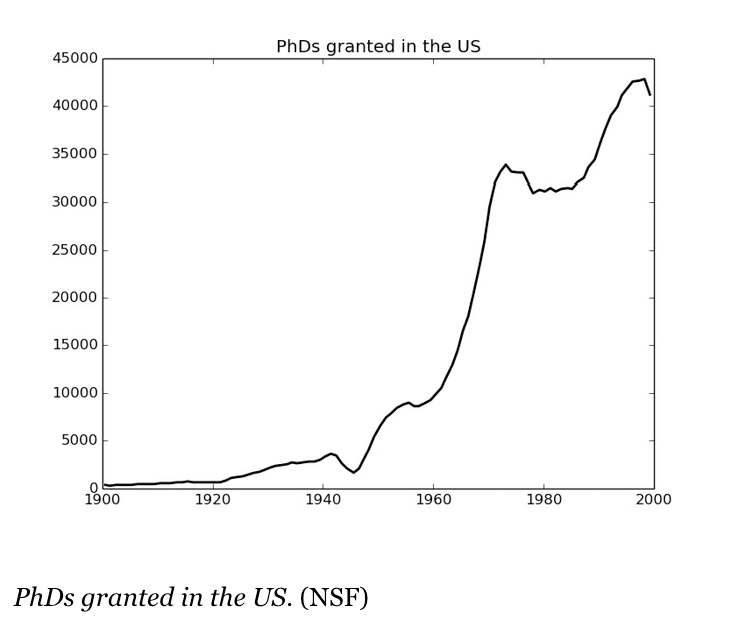
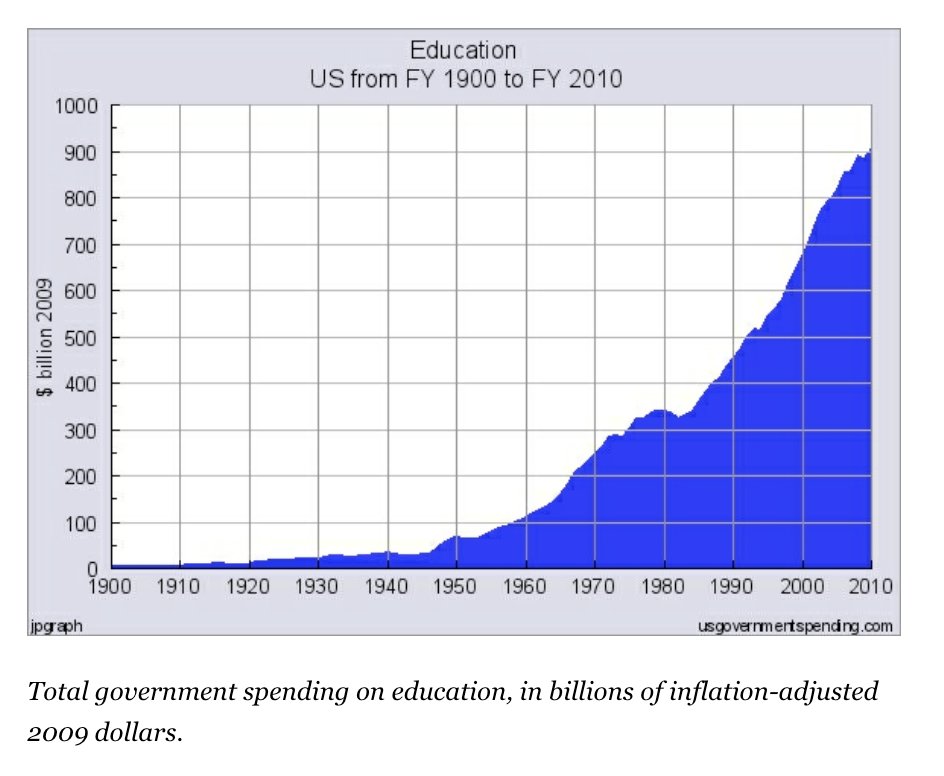

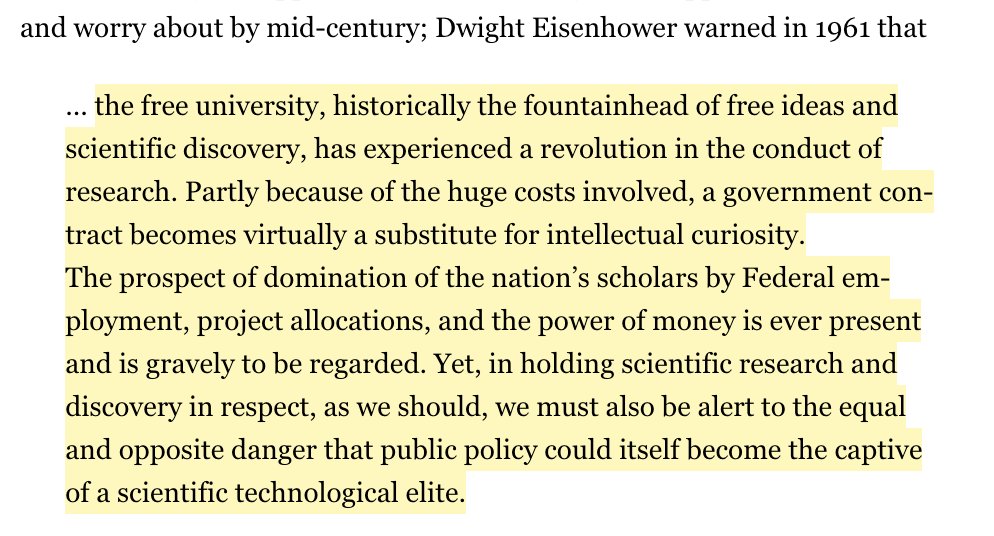
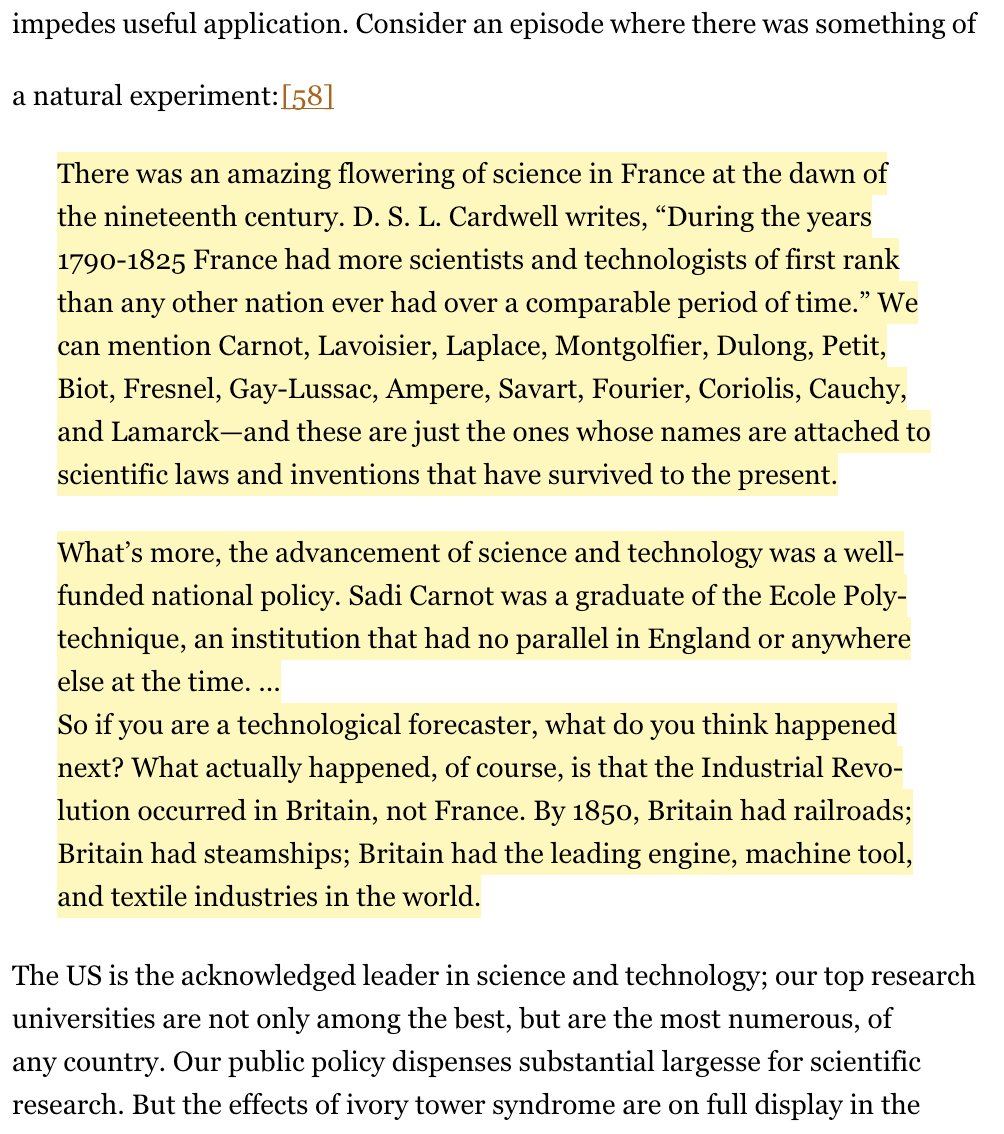
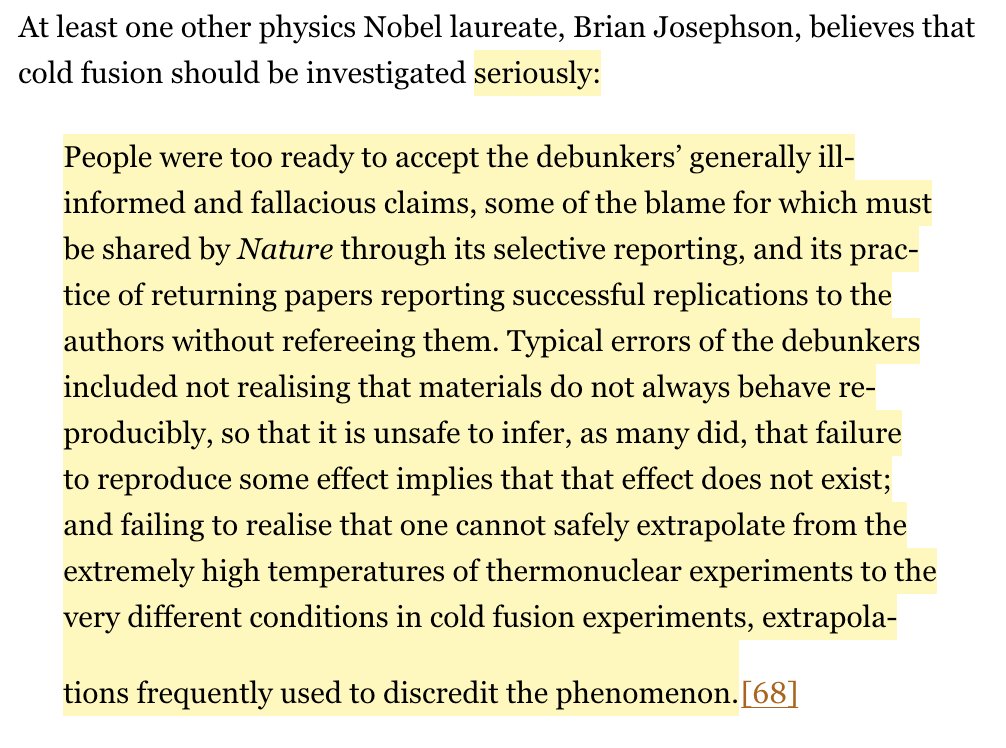
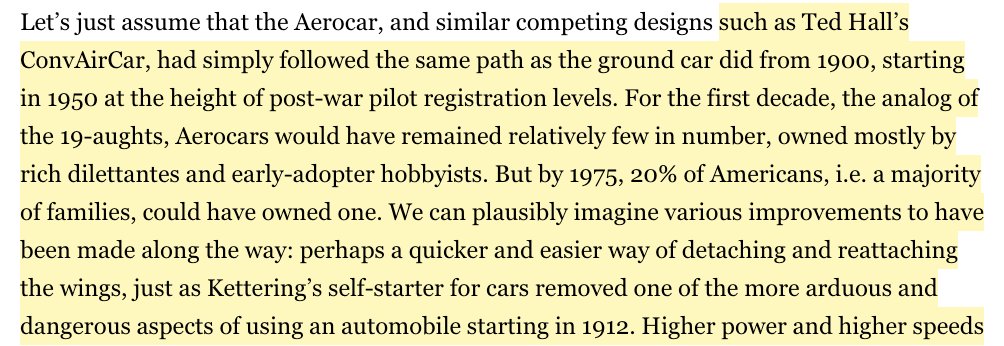




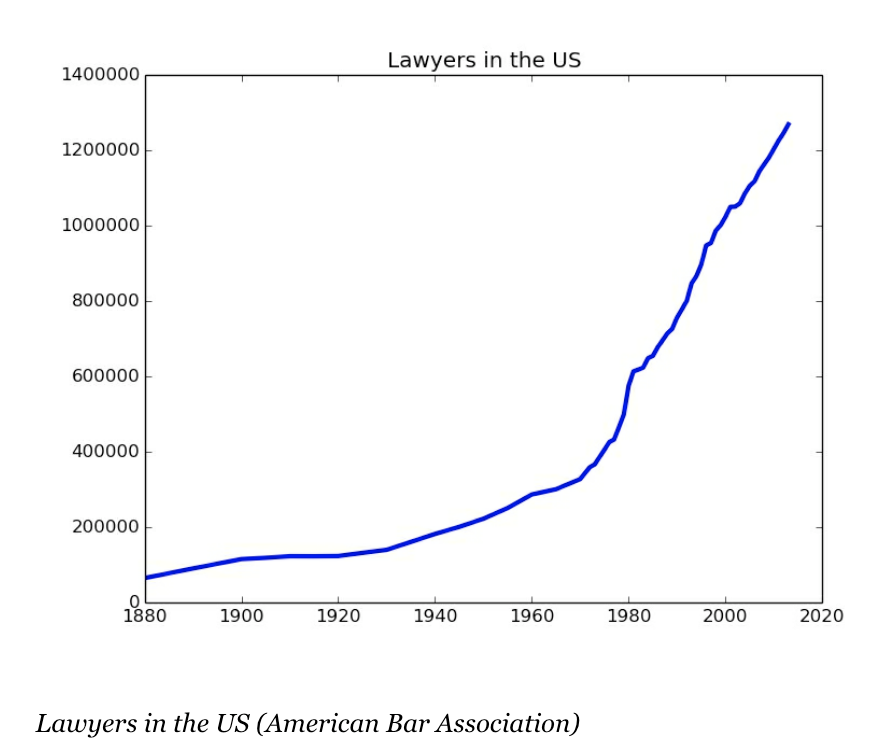
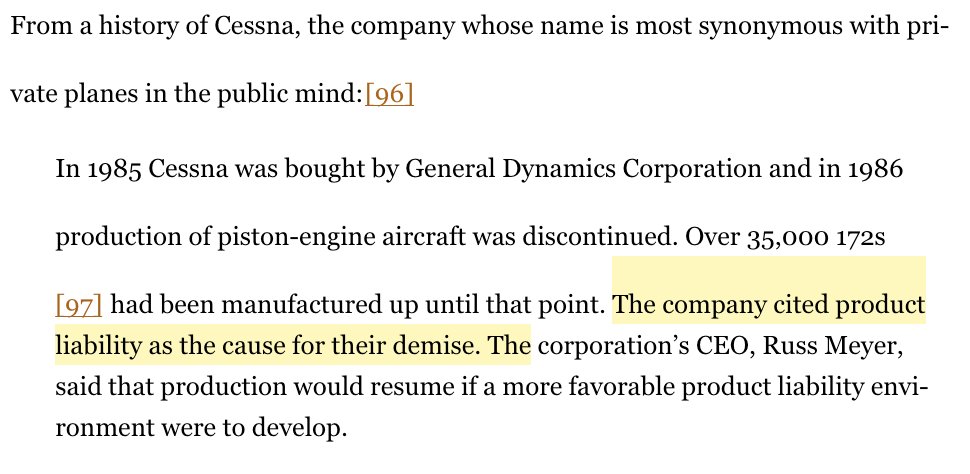

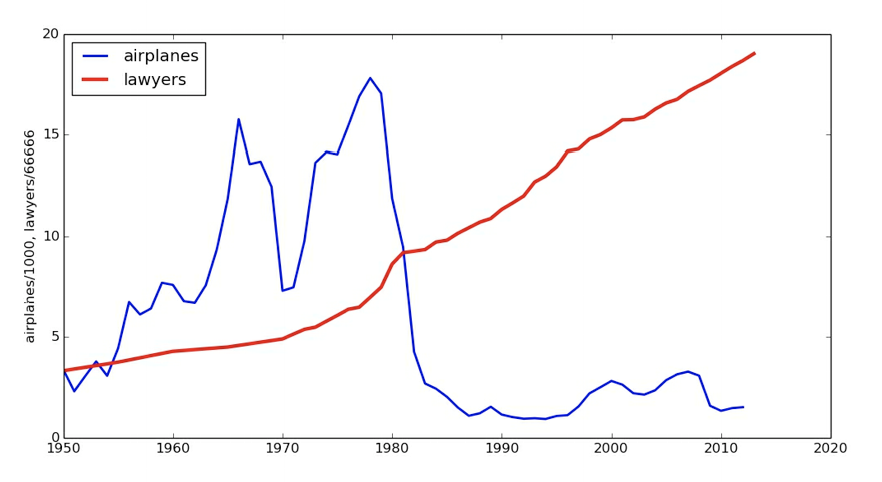 way)" title="21/ I realize it& #39;s purely correlational but this graph is great. (In the https://abs.twimg.com/emoji/v2/... draggable="false" alt="🤦♂️" title="Mann schlägt sich die Hand vors Gesicht" aria-label="Emoji: Mann schlägt sich die Hand vors Gesicht"> way)" class="img-responsive" style="max-width:100%;"/>
way)" title="21/ I realize it& #39;s purely correlational but this graph is great. (In the https://abs.twimg.com/emoji/v2/... draggable="false" alt="🤦♂️" title="Mann schlägt sich die Hand vors Gesicht" aria-label="Emoji: Mann schlägt sich die Hand vors Gesicht"> way)" class="img-responsive" style="max-width:100%;"/>



